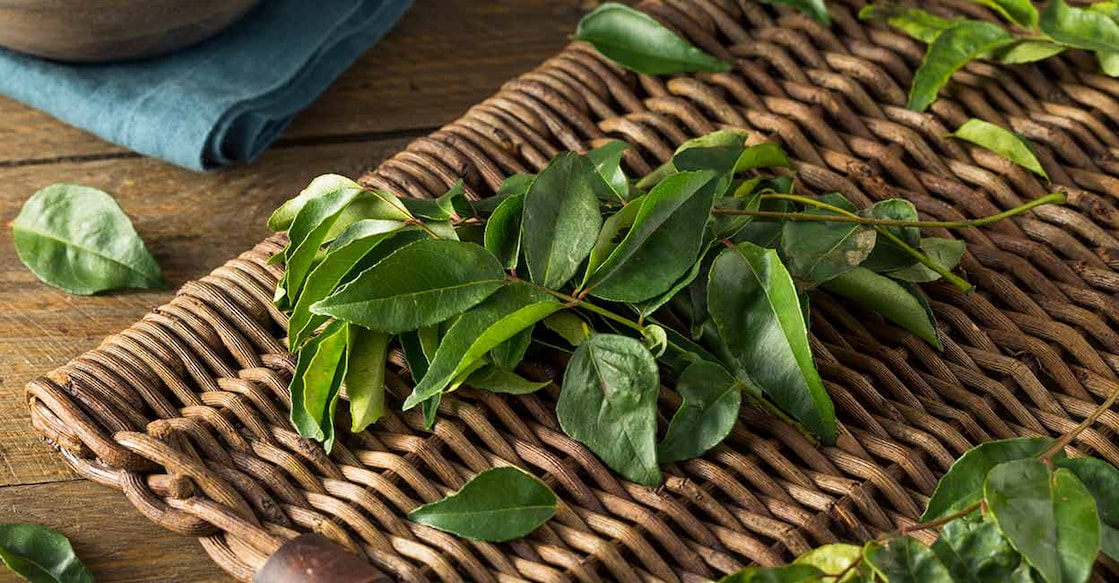Is it alright to eat cooked curry leaves? Ayurveda says ‘yes’

Mail This Article
Curry leaves and ginger are indispensable parts of the Indian cuisine as they give a unique flavour and aroma to the dishes. However, curry leaves are often scooped out of the dishes thinking that a cooked curry leaf doesn’t have any benefits. There is even a popular saying in Malayalam, ‘curry veppila pole’ which means something which is as useless as a used curry leaf. Not many know that curry leaves are rich sources of fibres, vitamins and minerals.
Here are some of the amazing health benefits of curry leaves:
• Buttermilk mixed with curry leaf paste is excellent to keep away gastric problems.
• Hair oil infused with curry leaf adds nourishment and shine to hair strands.
• Health experts say that using curry leaves in hair care regime could keep away premature greying.
• Chewing on fresh curry leaves and then rinsing the mouth with water is an excellent natural mouth wash.
• Consuming curry leaves paste or juice is an effective home remedy for vomiting.
In Ayurveda, curry leaves are considered an incredible herb that is used in many medicinal concoctions. Here is a fairly simple recipe of curry leaves curry that could be enjoyed as a herbal dish.
Ingredients
50 gm fresh curry leaves
100 gm shallots
6 garlic cloves
4 red chillies
¼ tsp pepper
Gooseberry sized ball of tamarind
Salt as required
Oil as required
For the tempering
Mustard seeds
Urad dal
Asafoetida powder
Preparation
Heat some oil and roast the curry leaves, red chillies and pepper in it
Grind these ingredients along with tamarind and salt into fine paste
Heat oil in a pan
Splutter mustard seeds and urad dal
Add asafoetida powder
Sauté shallots and garlic
Now add the ground curry leaves mixture into this
Mix well
Allow it to cook until the mixture begins to thicken
The curry tastes best when it is cooked in sesame oil
Enjoy tasty and aromatic curry leaves curry with rice or chapathi.

